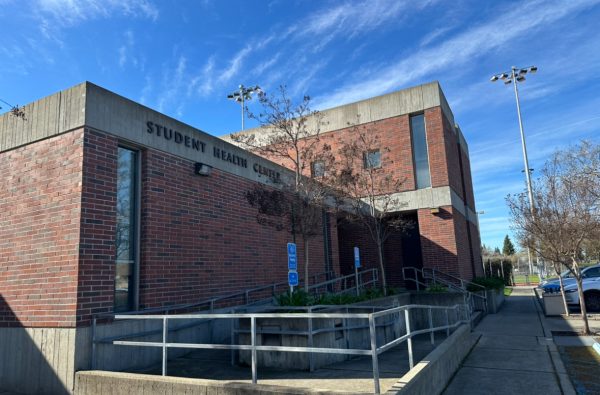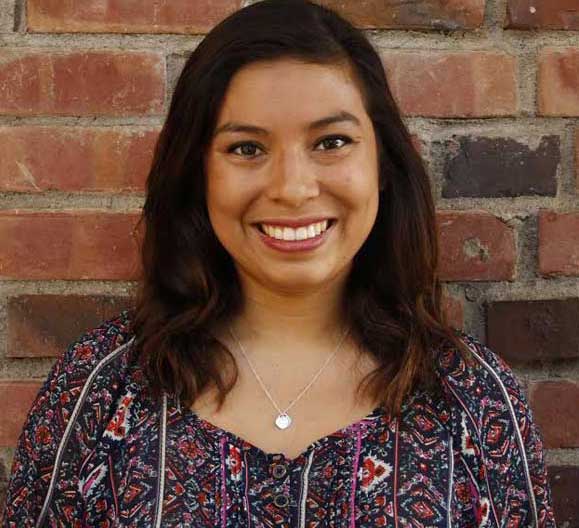Published 2012-05-01T18:27:00Z”/>
Kjerstin Wood
In the midst of Chico State’s 125th anniversary celebration, the music education program has been put on suspension for one year because of low enrollment rates.
The program focuses on not just musical theory and performance but also on classroom management and the administrative duties associated with being a teacher, said Rose Love, a senior music major with the music education option.
Students enrolled in the music education option of the music major were notified Friday, April 20 that incoming students would not be able to declare the option and that it was a “difficult decision,” according to an email sent to music education students from Keith Seppanen, chair of the music department.
Although suspension means the program could eventually be reinstated, several plans must be evaluated to get back to the point where the school could reopen admission, said Joel Zimbelman, dean of the College of Humanities and Fine Arts.
The two things that pushed the college into this situation are the $700 million cuts to the California State University system in the past year and the fact that even though the program has 25 students enrolled in the option, the majority are seniors, Zimbelman said.
“We can’t continue to teach all the programs we do and get students out of here on time,” he said.
Other departments and colleges will have to evaluate their own programs depending on state budget scenarios, said Joe Wills, director of public affairs and publications.
Departments on campus will have to examine their programs the same way the music department did, Wills said. The expectation is that the budget will get worse.
“People are having to look at a very harsh reality,” Wills said.
Most students in the program are recognized as seniors because it is a high-unit major option and because of credential prerequisites, said Michelle McConkey, a professor and adviser in the music education option of the music major. Compared to students in other majors, music education students earn more units more quickly, which raises their status with the university.
McConkey was hired three years ago for the music education program, received her doctorate in January and will now be focusing on more music for non-major classes and core classes for the other music programs, she said.
One of McConkey’s classes teaches an after-school program at Emma Wilson Elementary School, providing musical experiences the elementary students don’t get during the school day, McConkey said.
“We have a large outreach to the community,” she said. “If the students aren’t here, we aren’t going to have that outreach.”
Many alumni have voiced their concern and written letters regarding this issue, and the department has a high success rate of alumni finding jobs after graduation, said Royce Tevis, professor and director of bands in the music department.
“It’s like a death, it really is,” Tevis said.
Tevis got his credential in music education from Chico State and has taught here for 12 years.
This kind of decline is history repeating itself, Tevis said. He has seen the department at a low point before, when he first came back to teach, and isn’t surprised by the decisions that are being made.
The need for music education will eventually rise, because many who teach now are “baby boomers” and will be retiring in the near future, Tevis said.
Parents and grandparents demand music in schools in the north state, and programs like the one at Chico State would fill the need when the current teachers retire, he said.
Few other large universities give students as much hands-on experience of teaching in front of elementary schools or even their peers, said Brooke Wolford, a junior music major with the music education option.
Both of Wolford’s parents are teachers, and they never got much in-class experience until after they graduated, she said.
One of the reasons music education may be viewed as an “expensive program” is because there are lot more specialty and part-time staff members, Wolford said.
“Administration sees it as unnecessary costs that they are ‘pouring money into,’ but without those resources we wouldn’t have a strong education in the program,” she said.
Music education students have to be fluent in the material they are teaching to kindergarten through grade 12 students, Love said.
“I learned how to be a better musician and learned how to teach that to any age,” she said.
Students will now have to make necessary substitutions and alterations to their program, which could mean skipping prerequisites that strengthen their success in the courses, Tevis said.
Since the future of the program is unknown, Tevis would be “very hesitant” to recommend Chico State to students if he were teaching at a high school, he said.
Those who feel strongly about this decision — parents, alumni and students — should voice the importance of the California State University system to their representatives in government, Zimbelman said.
A graduate student told McConkey that they found it ironic that the university would be shutting down a program with a “long history of excellence located on the very corner where it all began 125 years ago,” she said.
<hr />
<strong>Kjerstin Wood can be reached at</strong>
<em>[email protected]</em>













